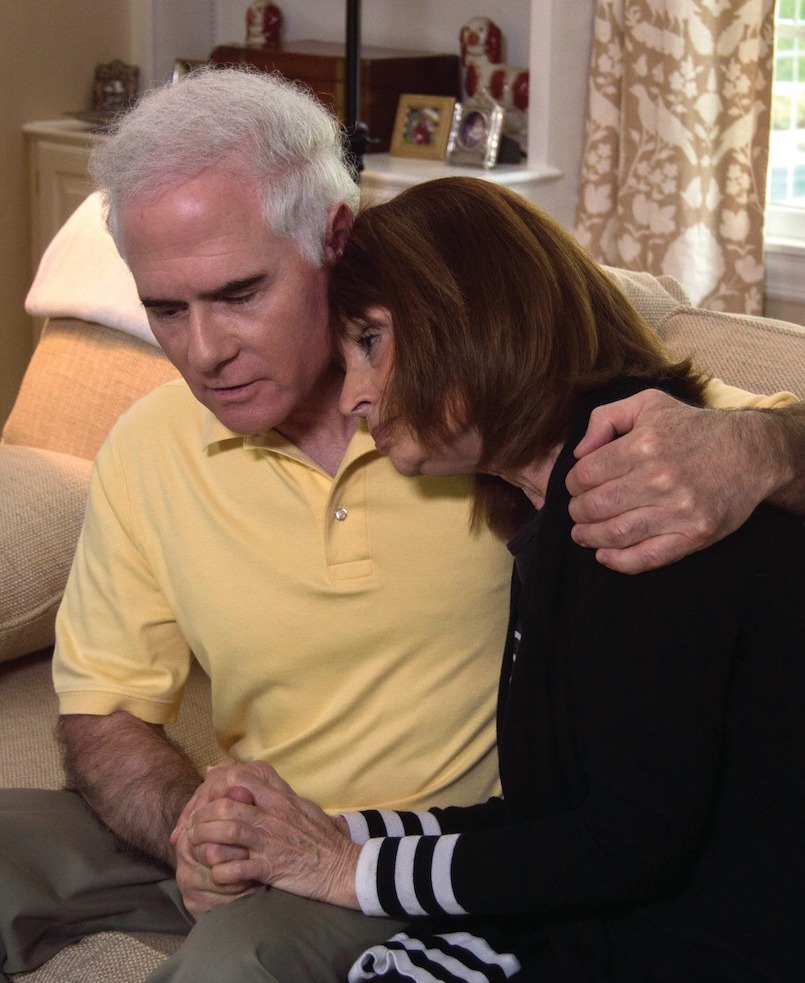For Better or Worse; In Sickness and in Health
 When two people tie the knot, “in sickness and in health” is one of those common vows that are made. Growing older together can eventually lead to experiencing declining health of a spouse, which is a real challenge. Here are a few important points to remember when caring for an aging spouse:
When two people tie the knot, “in sickness and in health” is one of those common vows that are made. Growing older together can eventually lead to experiencing declining health of a spouse, which is a real challenge. Here are a few important points to remember when caring for an aging spouse:
- The dynamic of the relationship can change. With illness, there can be a lot of emotional and physical changes, which can change the dynamic of a relationship. Be aware of the expectations of your loved one, and ask others for help when needed.
- Maintain the relationship that you have. Continue the things that are routine, for example car rides on Sundays, and try to compartmentalize the medical and caregiving portions of the day. Keeping routines can help create a sense of normalcy, which is comforting for both spouses.
- Listen. As an adult child, it’s important to remember that being a caregiver is a huge undertaking and can be quite exhausting. Make sure to listen, and show support, as the caregiving spouse may want to vent and have a place to express their frustration and fear.
- Make sure there is a plan if the caregiving spouse becomes ill. An established plan will make the transition of caregiving easier if the health of the caregiving spouse begins to fail. The devotion between spouses is amazing and awesome, but it is very challenging to let go of some responsibility. It is important to find the right combination of support to assist both aging loved ones. For example, maybe mom really wants to remain dad’s caregiver, but you could assist mom with the laundry to that relieve her of that burden.
Being a spousal caregiver is an important and challenging role, and ss with any caregiving role it may be difficult to think about “me-time”. Remember to take care of yourself—eat well, get enough sleep, and exercise. Both you and your loved one will benefit.









